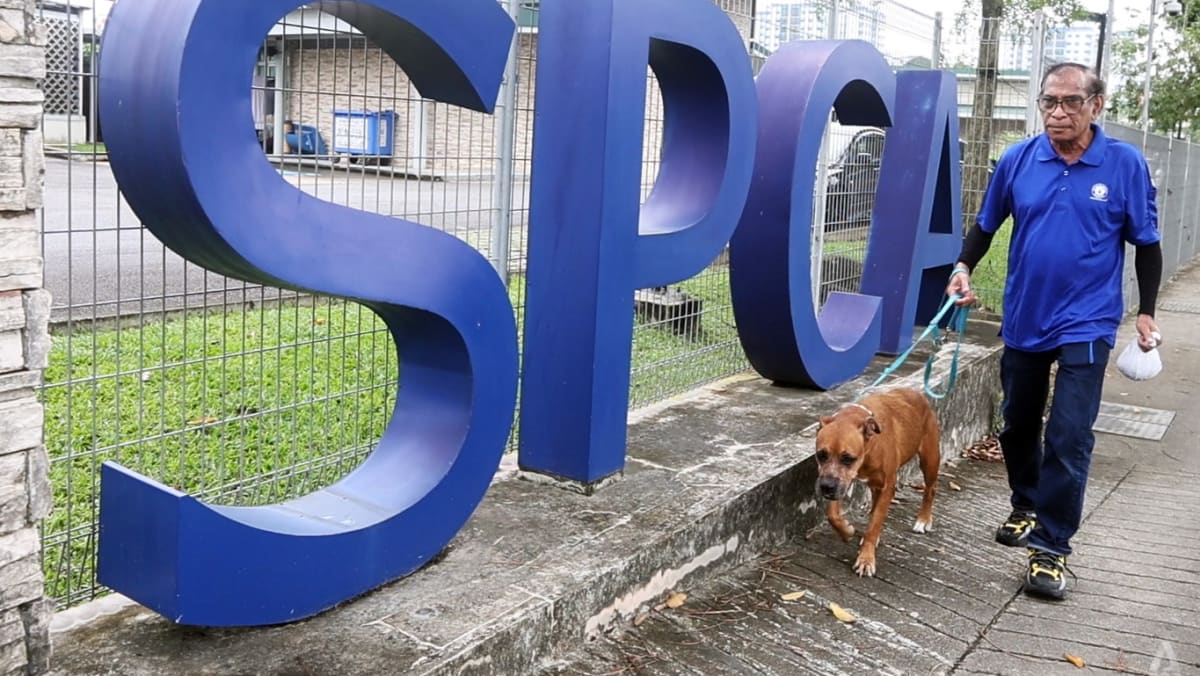OF LOVE AND NON-ATTACHMENT
After a few years of handling dogs and vanquishing his fear of them, Mr Pribakaran even adopted one at the encouragement of his supervisor.
“It was a Pekingese, but it didn’t have one eye, had one eye only. I took care of the dog, it stayed with me for about 10 to 12 years, then got sick and passed on,” he said.
“After my pet died, I did not feel like I wanted to keep another one, because the feeling (of loss) was very bad.”
I could empathise with this completely. I lost one of my pet cats seven years ago. It died of cancer. Till today, I still have a photo of it as the digital wallpaper on my tablet, while my parents, still affected by the loss, resolved not to take in any more cats.
When I asked how he coped with the many losses he has undoubtedly encountered in his 46 years working at SPCA – last year alone, 177 sick animals died in shelter care at SPCA – Mr Pribakaran said the key is to love them without getting too attached.
Through the years, he has seen many injured animals being taken into the shelter and eventually dying. In such moments, he said, he would usually be comforted by the thought that the veterinarians had tried their best to give these animals a fighting chance.
This approach of love without attachment helps him cope not only when he has to witness an animal’s death, but also when he has to separate from an animal for happier reasons.
“I give you an example. If I love the cat too much, if the cat goes home (to its owners), I would feel sad because I’m separated from it. But I don’t, I am happy because the cat gets to go home, the dog gets to go home.”
On the flip side, Mr Pribakaran said that he gets “very sad” whenever he reads about cases of abandonment, neglect and cruelty.
Last year, SPCA saw animal cruelty and welfare cases soar to a 12-year high of 961 confirmed cases.
“We’re very sad, but what can we do about it? We just try our best for the next animal,” he said, adding that he wishes prospective pet owners would think very carefully before taking in pets, because they are life-long commitments.
Wrapping up our conversation that morning, I asked him what his advice was for career longevity, as someone who has spent almost five decades at one organisation.
He told me that the key is to find a job that you love and find meaning in it, because when it is meaningful, this will eventually outweigh other considerations. At least, that has been the case for him.
Although he first took on a role at SPCA because he needed income stability, it was his love for the job and animals that has kept him rooted in the organisation through the years.
“When it comes to work, people might say, ‘I must have S$5,000, S$10,000, then I work’,” he said.
“For me, if it’s S$200 or S$100, I’ll still work. Because why? It’s for the animals that I stay, that is one thing that makes me stay for over 40 years.”
